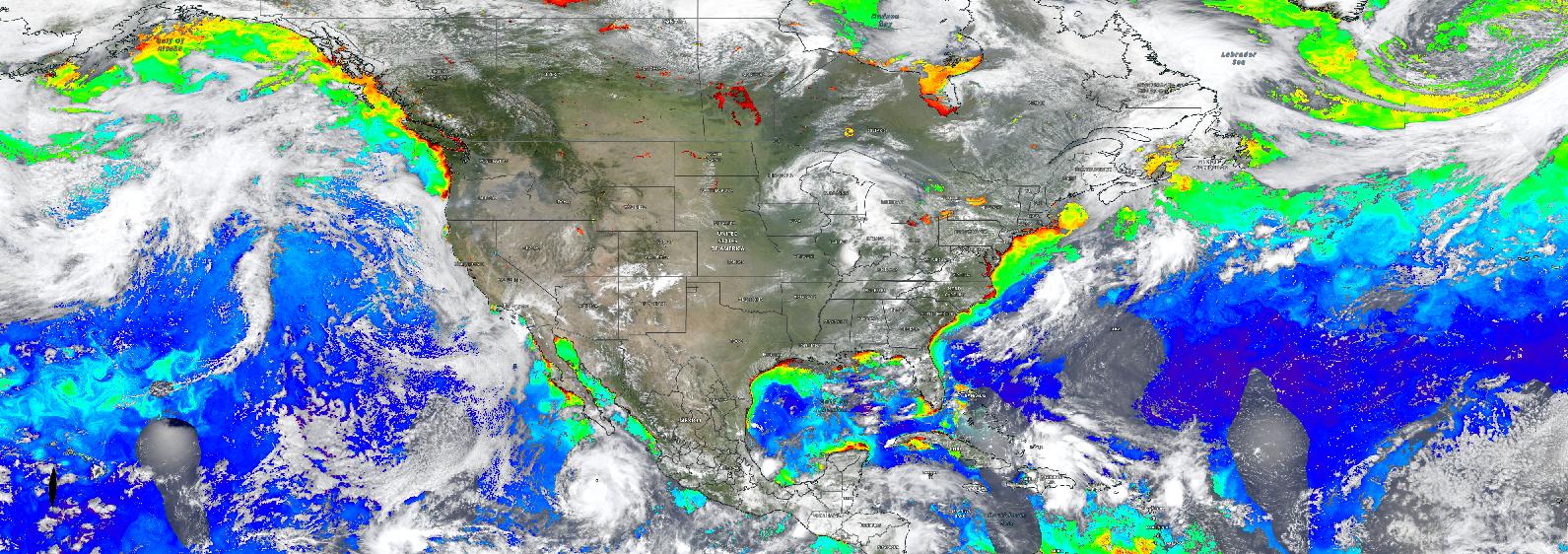About me.
📖 I am a PhD Candidate at Carnegie Science & Johns Hopkins University in the Cell Molecular Developmental Biology and Biophysics program with the Ludington Lab.
🔬 I am passionate about understanding microbial communities from an interdisciplinary systems approach with an emphasis on marine ecosystems.
👨🏻🔬 My thesis project focuses on microbial ecology, metabolism, and genetics of harmful algal bloom caused by cyanobacteria.
A passion for tiny life in the big ocean.
I love the sea. Having lived by an ocean all my life, I care deeply for coastal environemnts and the abundance of life that call it home. I think a lot about the delicate balance humanity often oversteps with the ocean and the importance of ensuring future generations can enjoy the beauty of the sea and all she has to offer. Microbes form the scaffold of marine ecosystems, and ensuring the stability of marine microecosystems is a critical part of conservation.
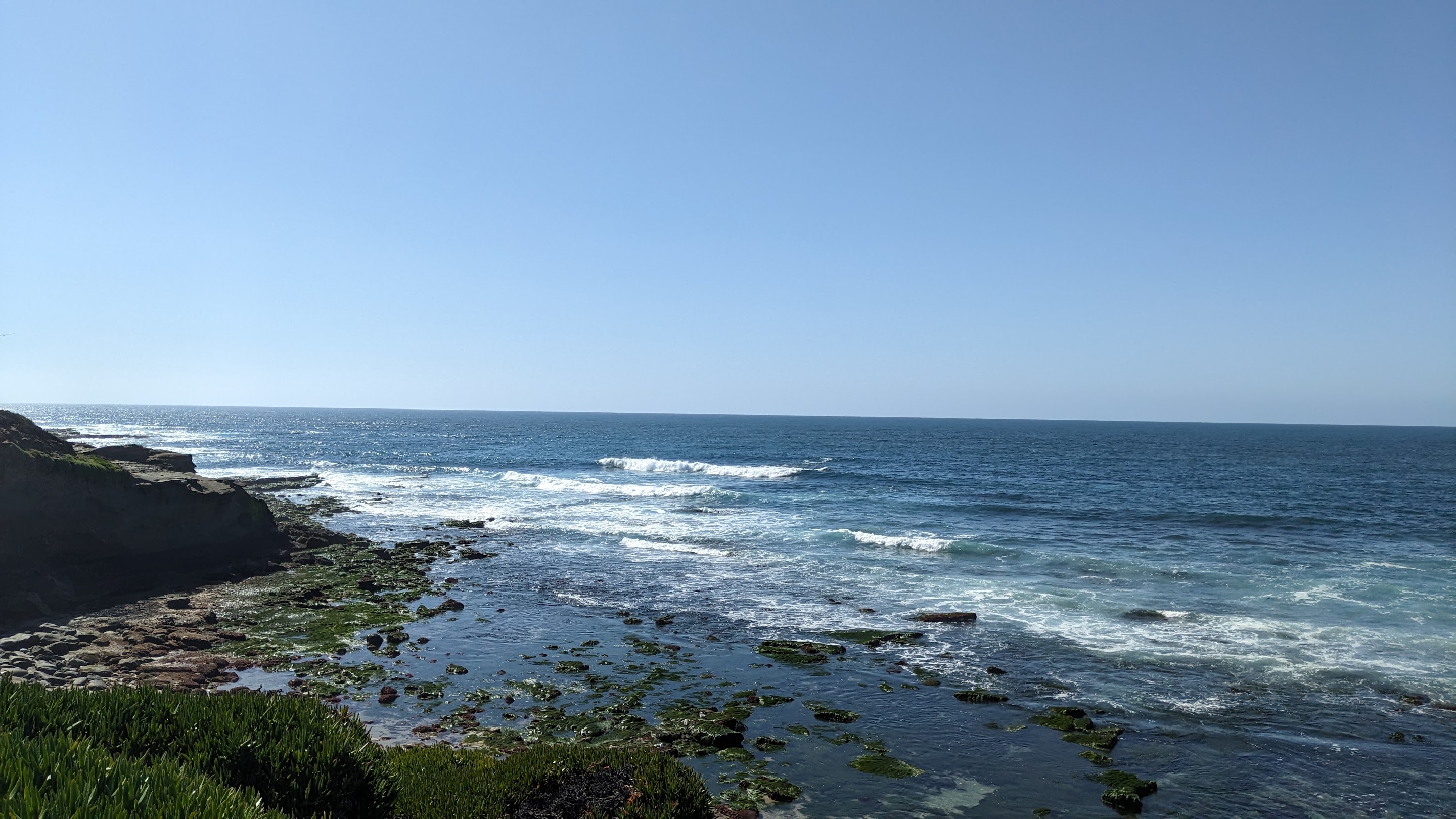
As a graduate student and researcher, I aim to apply my skills to improve our understanding of oceanographic microbial ecosystems and to communicate this knoweldge to better protect our coastal environments. Harmful algal blooms, while natural, are exacerbated by anthropgenic climate warming and eutrophication. My project aims to identify how these organisms can quickly shift their metabolism from dormancy to supporting fast growing populations.
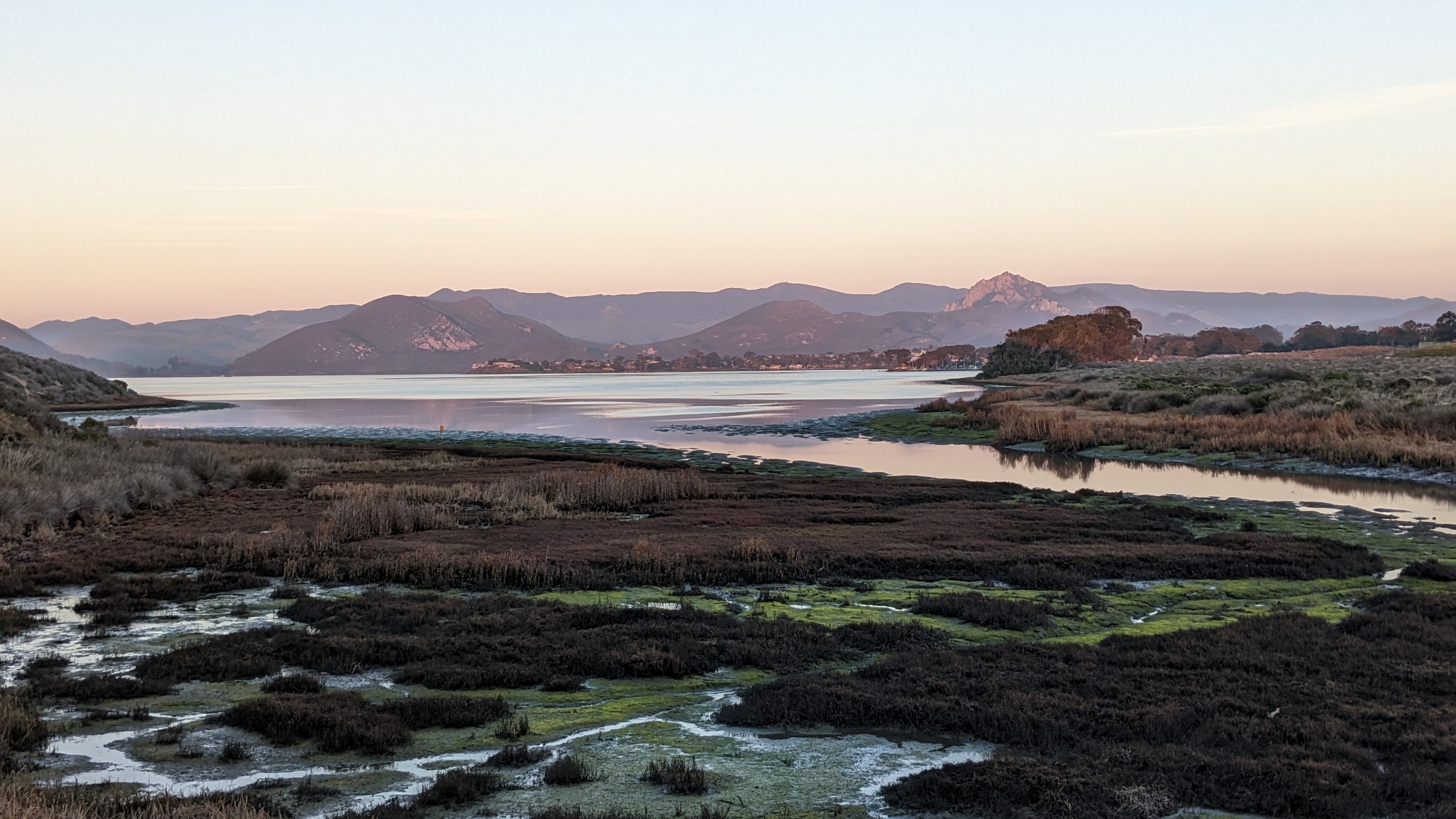
Currently, I am studying cyanobacteria Syneccochus elongatus as a model organism for algal blooms. I aim to identify the essential gene set facillitates blooms and its transcriptional regulation to better understand the timing of blooms in response to environmental simulus. To emulate environemntal conditions and anthropgenic influences, I am constructing
- Custom bioreactors (a photosynthetic turbidostat)
- The first high-throughput cyanobacterial growth apparatus for 96-well formats.
Current prediction models do not incorporate the fundemental biology of these photosynthetic microbes. My project aims to link the evolved biological response of cyanobacteria to their environment to improve prediction models. To understand how microbial communities react to climate change and pollution, we must first understand the natural physical context in which these organisms evolved to accomodate.

I acquired a double bachelors in Microbiology and Mathematics - Applied Sciences with the intent to study microbial ecosystems from a systems approach. I develop experiments that can produce high resolution data for constructing models within the framework of the natural world.
Broader impacts
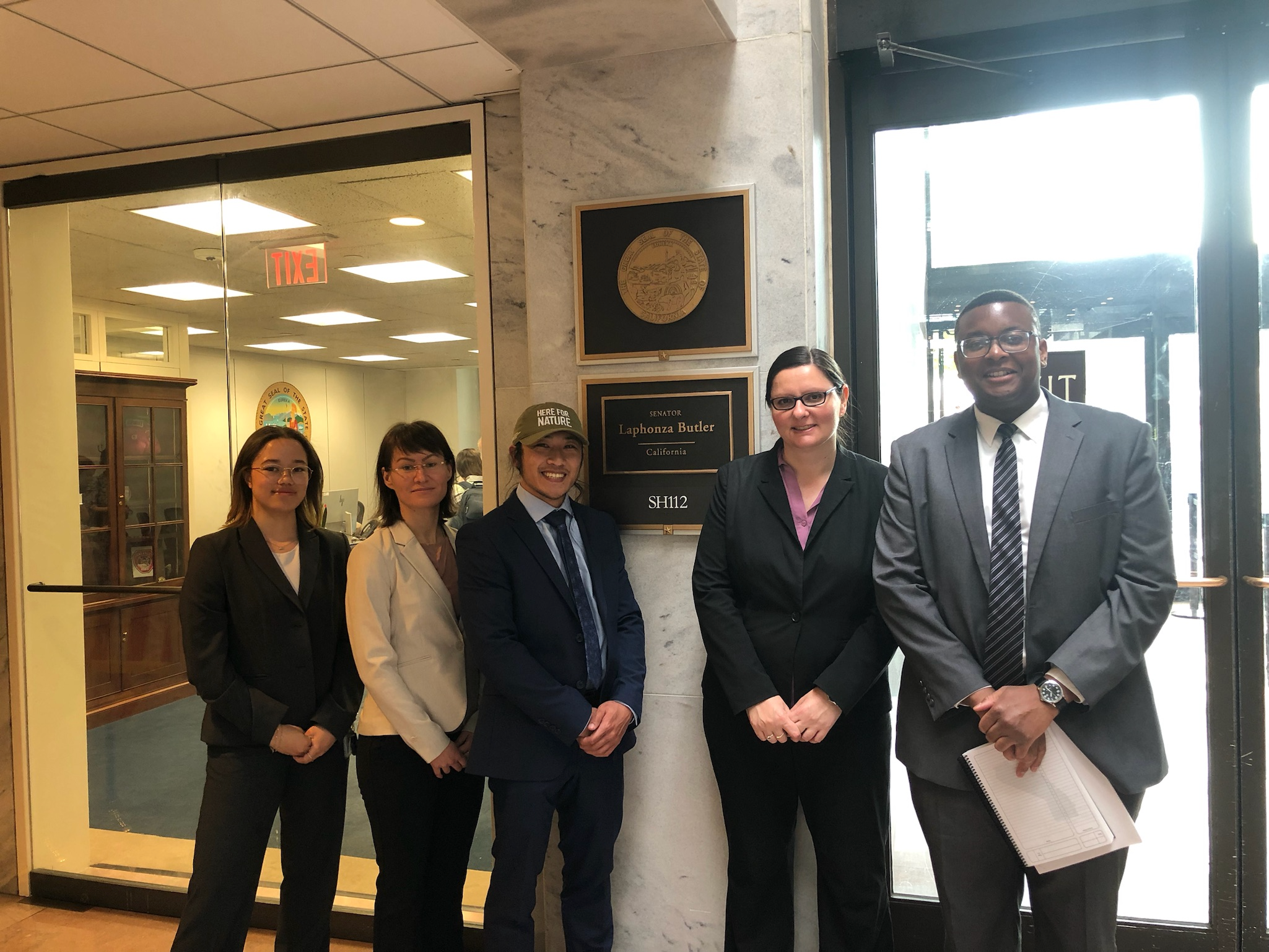 Scientific academic research is primarily publically funded in the spirit of increasing humankind’s understanding of the natural world. It is also the source of graduate training for millions of aspiring doctorates in the USA. The grants that fuel academic research is at the mercy of the national government. Unfortunately, environmental research is severely underfunded with grants awarded primarily from the NSF, NOAA and DOE, with the average grant incapable of supporting even a small lab. I joined the American Institute of Biological Sciences representing Carnegie Science on Capitol Hill to advocate for an increase in NSF funding. Funding for innovative solutions against the climate crisis should not be extremely competetive. I spoke about my research with California and Maryland congressional staffers in the Senate and House and emphasized the need to fund environmental projects to protect America’s natural resources.
Scientific academic research is primarily publically funded in the spirit of increasing humankind’s understanding of the natural world. It is also the source of graduate training for millions of aspiring doctorates in the USA. The grants that fuel academic research is at the mercy of the national government. Unfortunately, environmental research is severely underfunded with grants awarded primarily from the NSF, NOAA and DOE, with the average grant incapable of supporting even a small lab. I joined the American Institute of Biological Sciences representing Carnegie Science on Capitol Hill to advocate for an increase in NSF funding. Funding for innovative solutions against the climate crisis should not be extremely competetive. I spoke about my research with California and Maryland congressional staffers in the Senate and House and emphasized the need to fund environmental projects to protect America’s natural resources.
Outreach and Teaching
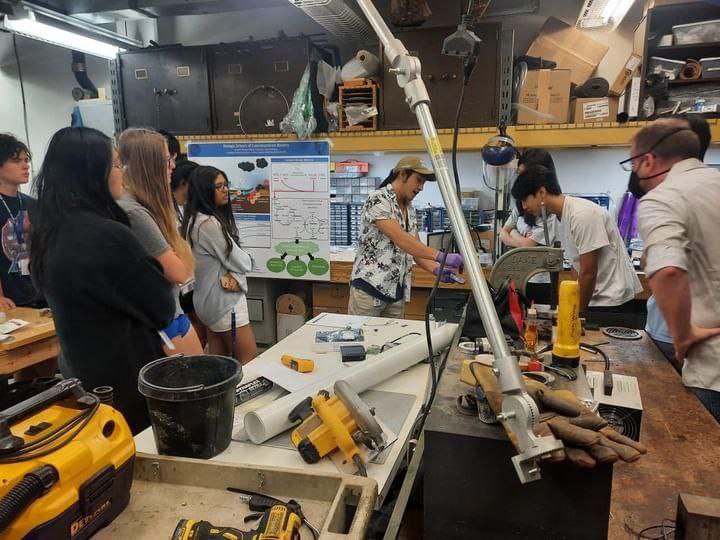 I am passionate about education and exposure to STEM for the youth. The Baltimore school system is very diverse, with ~54% identifying as an underrepresented minority in the academic setting. I work with BioEYES scientific outreach group and BUGGS citizen science project to teach about the unseen roles bacteria fulfill in our ecosystems in K-12 public schools.
I am passionate about education and exposure to STEM for the youth. The Baltimore school system is very diverse, with ~54% identifying as an underrepresented minority in the academic setting. I work with BioEYES scientific outreach group and BUGGS citizen science project to teach about the unseen roles bacteria fulfill in our ecosystems in K-12 public schools.

